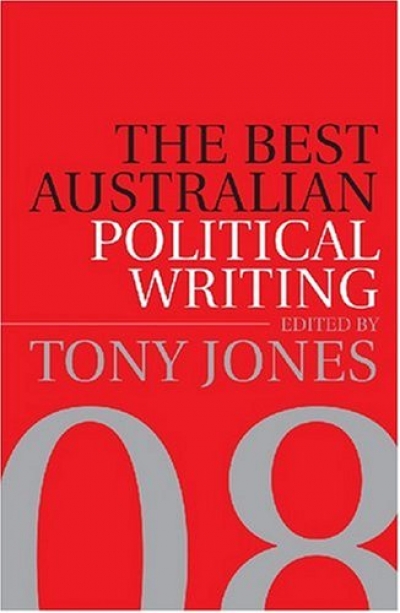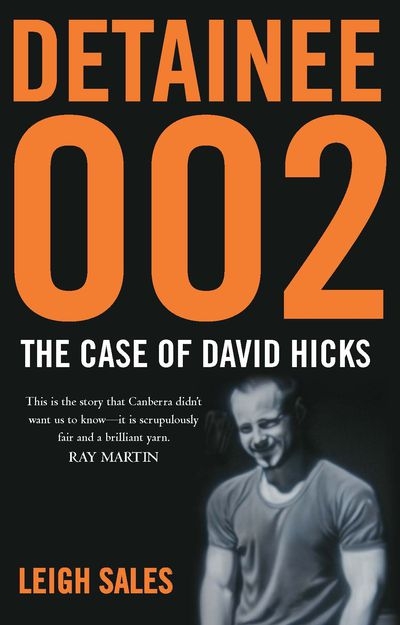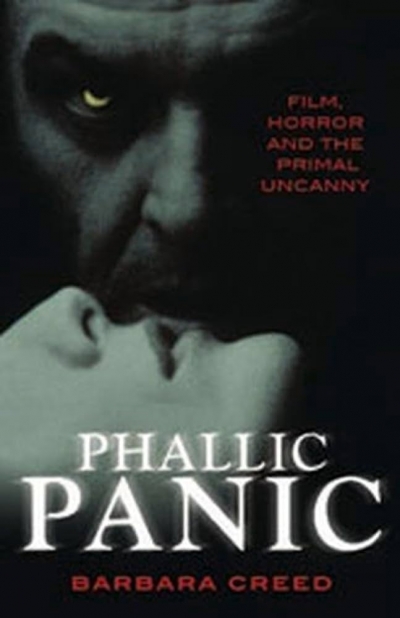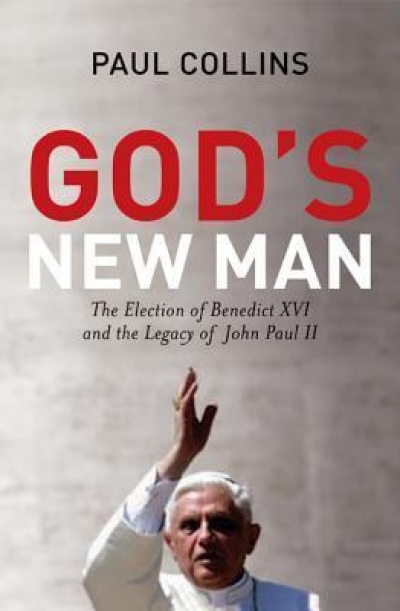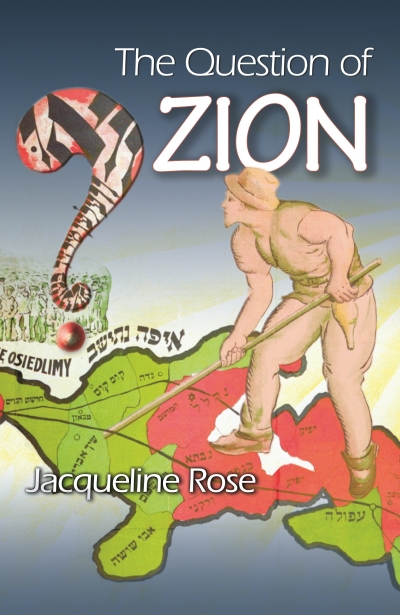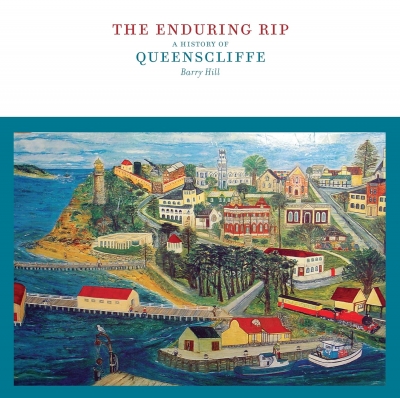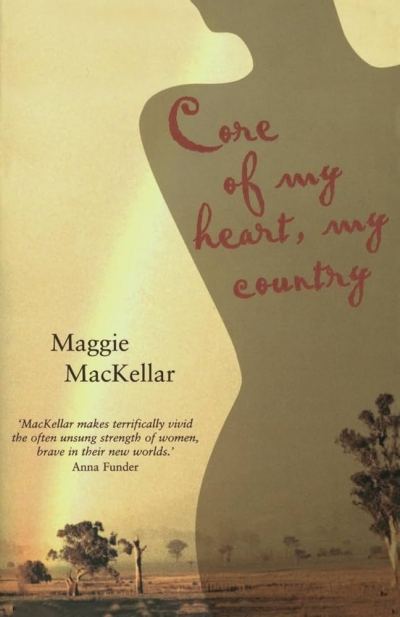MUP
The Best Australian Political Writing 2008 edited by Tony Jones
by Patrick Allington •
The Wayward Tourist: Mark Twain's adventures in Australia by Mark Twain, with an introduction by Don Watson
by Robert Phiddian •
Life After Death: The art of the obituary by Nigel Starck
by Paul Brunton •
Phallic Panic: Film, horror and the primal uncanny by Barbara Creed
by Rose Lucas •
Australian Dictionary of Biography: Supplement, 1580–1980 by Christopher Cunneen
by Paul Brunton •
God’s New Man: The election of Benedict XVI and the legacy of John Paul II by Paul Collins
by Adam Carr •

